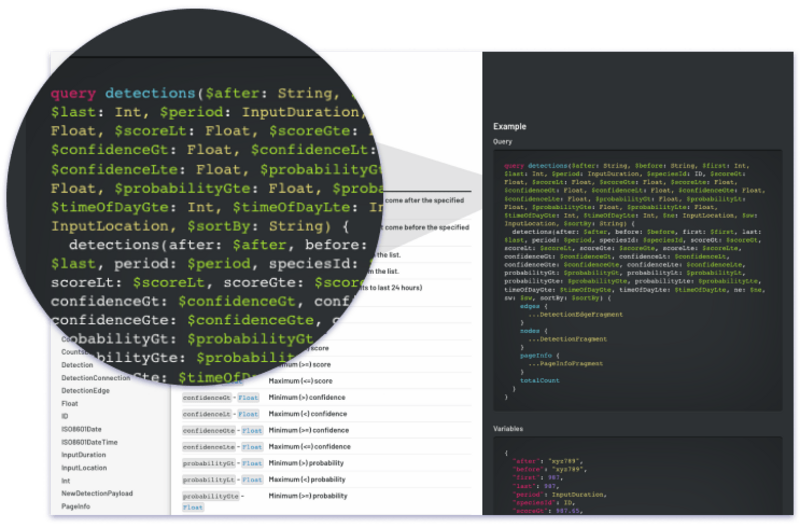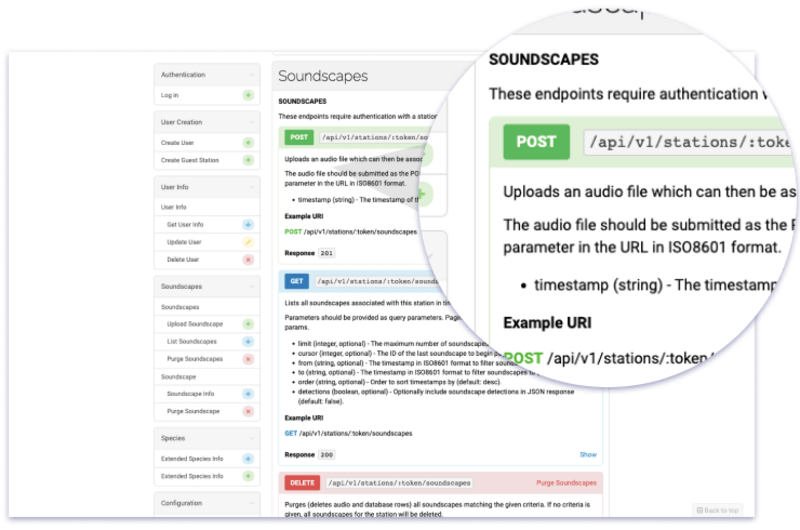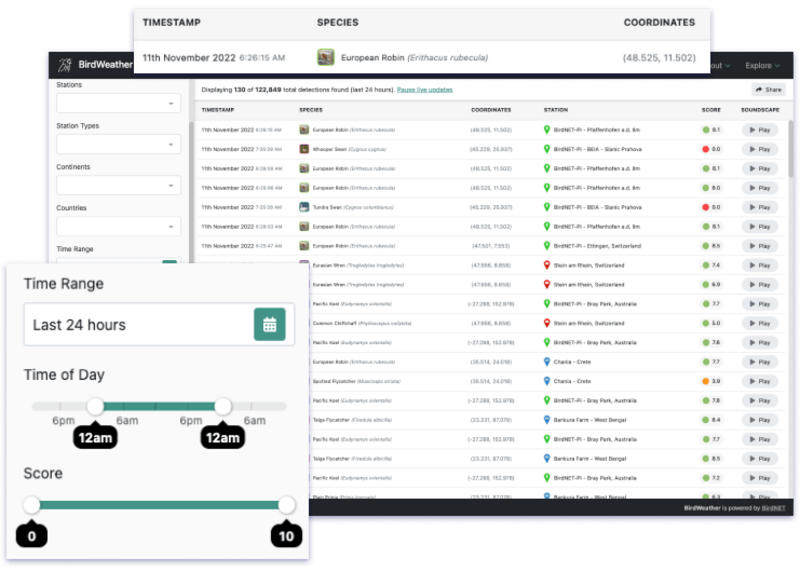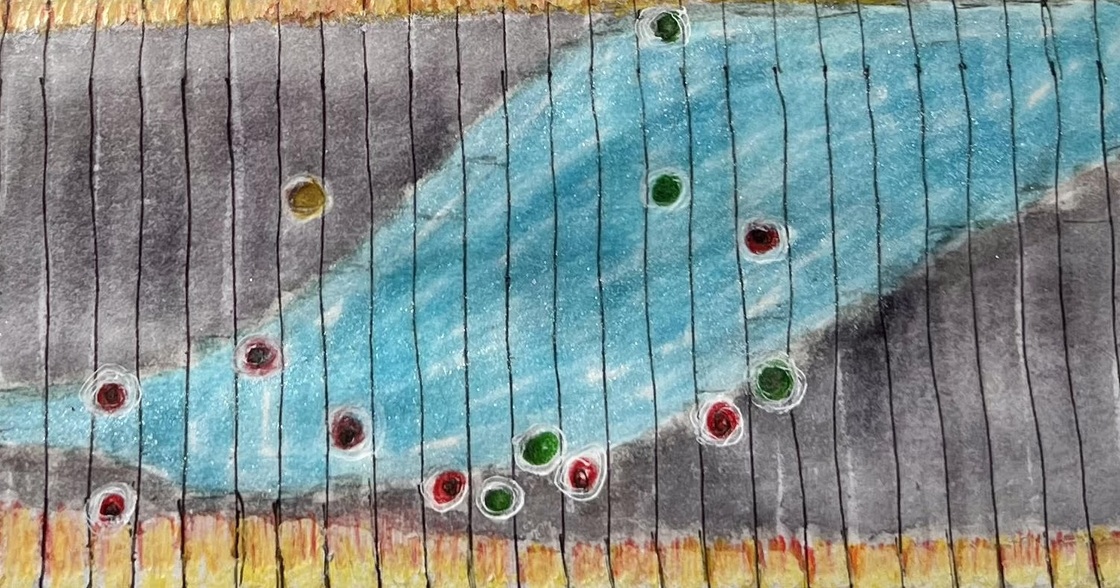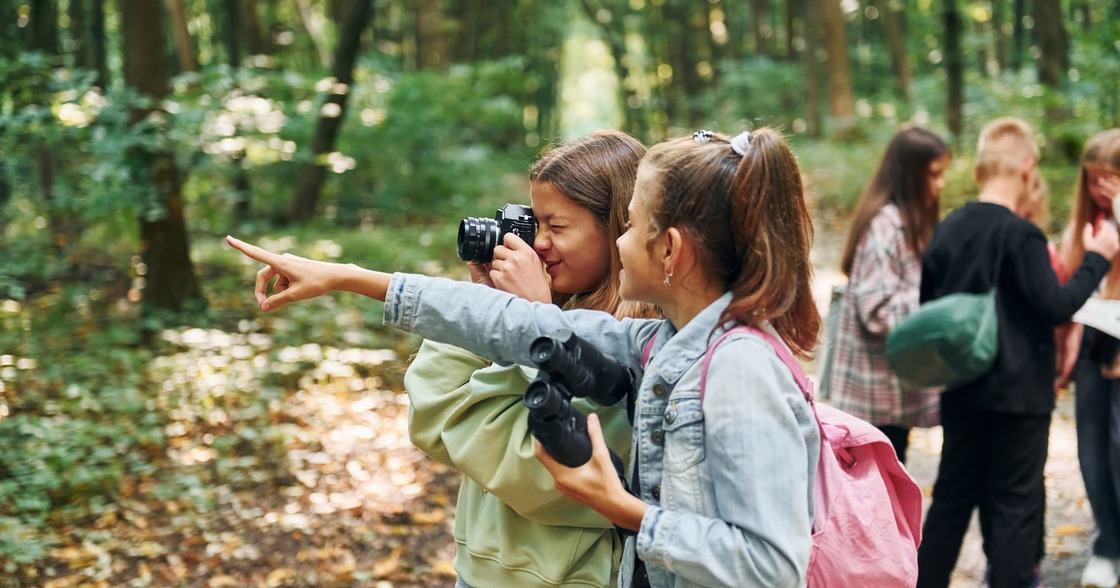
BirdWeather PUC
Join a growing community of citizen scientists
We’re excited to introduce PUC (Portable Universe Codec),
our AI powered bioacoustics platform.
Packed with dual microphones, WiFi/BLE, GPS, environmental sensors, and a built-in neural engine, all in a weatherproof enclosure, PUC is ready to capture all that nature can throw at it!
Backyard Birding
Easily connect your PUC to your home WiFi, and it will continuously monitor the sounds in your backyard, identifying bird songs in real-time.
With our mobile app available for both iOS and Android, you can listen to soundscapes, or share them with friends and family on our global BirdWeather map, keeping you connected to nature even when you're not around.
Mobile Birding
With a built-in uSD card (32GB included), you can take your PUC with you away from home. Going on vacation, the PUC is your perfect travel companion.
Take it with you on a hike or a ride, or just leave it running near your campsite and once back home, it will automatically upload to BirdWeather where you can explore everything that it heard.
Habitat Monitoring
With multiple power options, deploying the PUC in the field for long-term habitat monitoring is no problem. Record to the built-in uSD Card, or use a mobile hotspot for continuous live data.
Our automated workflow takes care of everything from recording schedules to soundscape analysis, and our BirdWeather cloud gives you numerous options for data extraction.
Recent Top Detections
(Click to play audio)
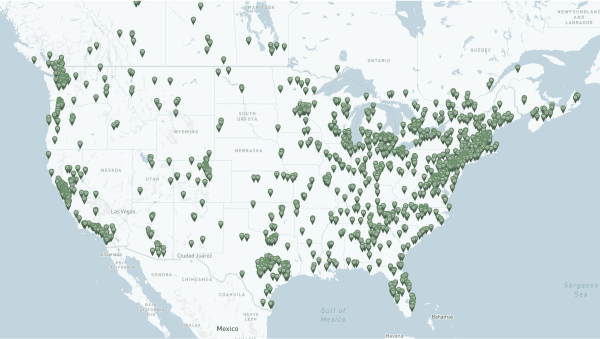
North America
- ... species
- ... locations
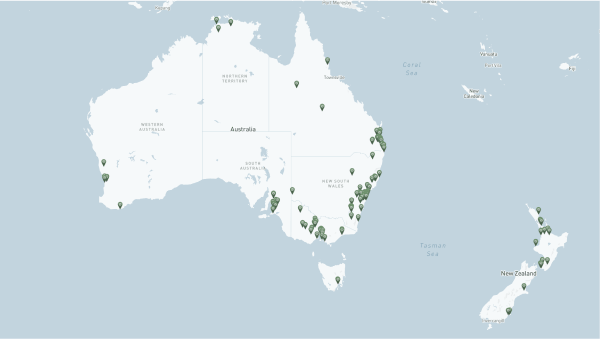
Australia / NZ
- ... species
- ... locations
Since going live on Nov 4, 2021 we've heard ... different species vocalize ... times across ... locations.
Simple
With a one button interface, just turn PUC on, and it will do the rest, automatically switching modes based on WiFi and location. If it's on, it's listening!
Automatic
Our cloud server will automatically process all of your PUC soundscapes. No sorting, no approving, it all happens 100% automatically!
Continuous
PUC is always listening.
No more near misses when you're out on a hike and the bird decides to go quiet just as you pull out your mobile phone, or that lone owl that you've been hearing out your window late at night.
Cloud Processing
Our cloud server uses the BirdNET neural network (a joint project between the K. Lisa Yang Center for Conservation Bioacoustics at the Cornell Lab of Ornithology and the Chemnitz University of Technology) to process all audio soundscapes from the PUC, featuring:
 Over 6000 global bird species!
Over 6000 global bird species!- Man-made sources (e.g. fireworks, engine)
- Non-avian species (e.g. coyote, dog, squirrel, frogs, insects)
- Automatic removal of any soundscapes with human vocal detections
Environment
In addition to its stereo microphones, PUC is also packed with environmental sensors, including (Temp, Humidity, Pressure, Air Quality, tVOC, CO2, and a Spectral Light Sensor) so you're able to track local weather conditions.

BirdWeather
A living library of bird vocalizations
To live sustainably and have a healthy planet, we must understand how the systems which we depend on function.
Birds are a critical component of virtually every ecosystem on earth, and their fate is intertwined with ours.
Powered By BirdNET
BirdNET uses a neural network to identify birds by the sounds they make, and is a joint project between the K. Lisa Yang Center for Conservation Bioacoustics at the Cornell Lab of Ornithology and the Chemnitz University of Technology.

Why We Study Birds
Studying birds and bird populations is a way to further our understanding of the ecosystems that support all life on earth (including humans). Changes in bird populations and their behavior can tell us a great deal about the impacts of climate change, drought, weather, and habitat change.

A Global Community
Using the BirdNET artificial neural network, BirdWeather is continuously listening to a growing number of citizen science stations around the globe.

In Your Own Backyard
With your own BirdWeather station, you're not only contributing to the global community, you can identify and track the species in your own backyard!

Join the BirdWeather Community
Our open approach supports a growing list of ways to participate.
What our users are saying about BirdWeather:
With the PUC I like that it's portable and can take it on birding expeditions or set it up in remote locations, and since it is waterproof, not have to worry about it like I would if I took an iPhone out birding. While I haven't had a chance to mess with the confidence and probability thresholds I like that I have the option in the future to try and fine tune the detections and look at the birds detected relative to the environmental conditions collected by the PUC.
I have always wondered what birds are visiting my backyard and the local area. With the PUC I can leave it in the forest behind my house, return the next day and through BirdWeather be amazed at the visitors I never knew were here. I can’t wait to use it during the next migration. The PUC is now my constant companion during my hikes and when I am home I can leave it running in live mode and view all the discoveies on BirdWeather. So much fun!
I cannot sing the praises of BirdWeather enough. Over the last 9 months it has given me previously hidden insights into the birdlife at home, on hikes, where I work and where friends and family live. I have been able to learn new songs, track the ebb and flow of the bird year, inspire those around me and gain a deeper connection to the natural world. I look forward to expanding this using the PUC and contributing further to global bird conservation.
Keeps me aware of the natural world around my home, and the contribution to Citizen Science is a great bonus! P.S. I am not even a Birder (at least I wasn’t until the PUC made it so easy)!
We live in a suburban area and have been feeding and watching birds for 35 years. It is nice to quantify the number of birds and species that frequent or small yard. It has also helped us identify elusive birds that we are know are in the area, but have never seen them. I recommend this to all birdwatchers newbies and those with experience.
Our BirdWeather PUC has added an exciting dimension to birding for me and my wife. Seldom a day goes by without our talking about what was detected in our yard. As scientists and environmentalists, we also appreciate the incredible value of the data collected from the stations worldwide. This is all coupled with remarkable support provided by a vibrant online community and directly by the principals of the project.
It is like Merlin on steroids. I can monitor my backyard birdcalls 24/7, identifying species I didn’t know I had. It has been a joy seeing new species arrive, and seeing where else they are showing up on the Birdweather’s crowdsourced mapping system locally, regionally, and around the world. One caution - monitoring your PUC can become an addictive obsession.
An Open Library for Research
From the beginning, we built BirdWeather to be an open system, with multiple ways for researchers to pull data from the library.
About the Team
Scribe Labs is a small team of technologists who spend our days building products that we love. We're excited to launch BirdWeather, our living library of bird vocalizations and the BirdWeather PUC, our portable bioacoustics platform.

Tim Clark
Founder & CEO

Vitalii Parashchak
Mobile Application Developer

Sam Pohlenz
Web Application Developer










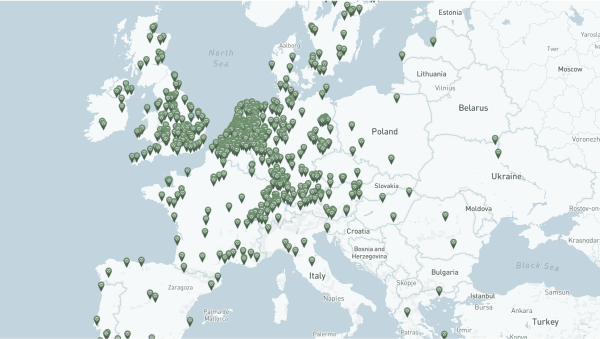
 BirdWeather PUC
BirdWeather PUC
 BirdWeather Mobile App
BirdWeather Mobile App
 BirdNET-PI
BirdNET-PI
 YouTube Live Stream
YouTube Live Stream
 Locus Sonus Stream
Locus Sonus Stream
